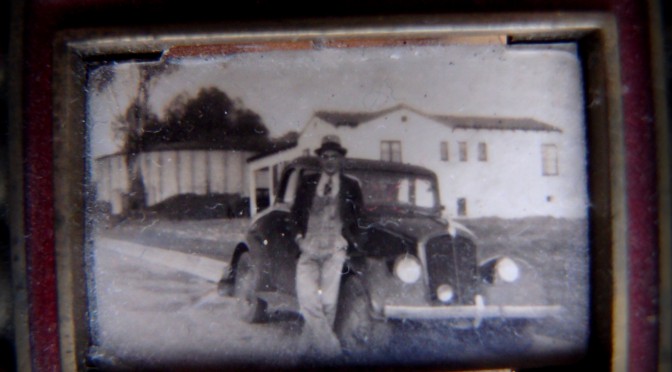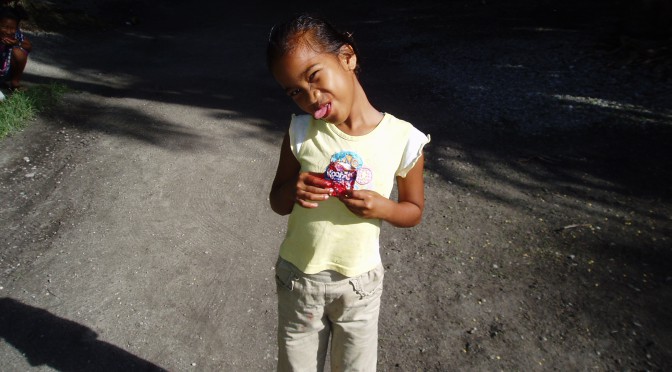RISE/ Virtual Pedagogy Seminar
2 March 2016, 11.00-12.30
Convent Parlour, Digby Stuart College
University of Roehampton
South-West London
The programme is:
Welcome & Introduction by Dr. Michalis Kontopodis & Dr. Julie Shaughnessy (10’)
Young People, Participation & Media: Between the Rhetoric & Practice of Democracy by Dr. Shakuntala Banaji, LSE (60′ including discussion)
Coffee, tea & informal interaction (30’)
Seats are on a first-come first-served basis (but you are welcome to tell me whether you are able to join). Please forward this announcement to interested students, colleagues and practitioners!
Abstract and speaker information:
Young People, Participation and Media: Between the Rhetoric and Practice of Democracy, Dr. Shakuntala Banaji, LSE
There has been widespread concern in contemporary Western societies about declining engagement in civic life; studies find that people are less inclined to vote, to join political parties, to campaign for social causes, or to trust political processes. Young people more than other groups are frequently described as disenchanted with elections, alienated or apathetic. Some scholars have looked optimistically to new media – and particularly the Internet – as a means of revitalizing civic life and giving young people a voice. Governments, political parties, charities, NGOs, activists, religious and ethnic groups, and grassroots organizations have created a range of youth-oriented websites that encourage widely divergent forms of civic engagement and use varying degrees of interactivity. But are young people really apathetic and lacking in motivation? In what circumstances does the Internet have the power to re-engage those disenchanted with politics and civic life? And what role do social class, political and media literacy play in motivating sustained participation?
Based on three major research projects funded by the European Commission between 2006 and 2016, the paper attempts to understand the role the internet and media more generally play in young people’s participation in democracy and the civic sphere. Examples are drawn from Hungary, the Finland, France, Netherlands, Slovenia, Spain, Sweden, Turkey, and the United Kingdom – countries offering contrasting political systems and cultural contexts. The books based on this research – ‘Banaji, S & Buckingham, D. (2013) ‘The Civic Web: Young People, the Internet and Civic Participation’ and Cammaerts, Bruter, Banaji et al. (2015) ‘Young People and Democratic Life in Europe: Between Hope and Disillusion’ also address broader questions about the meaning of civic engagement, inclusion and exclusion, the nature of new forms of participation, and their implications for the future of civic life.
Dr. Shakuntala Banaji is a Lecturer in Media and Communications, and Programme Director of the Master’s in Media, Communication, and Development at LSE. Her teaching and research covers children, youth and media cultures in South Asia and Europe, Hindi films, the internet and civic participation. She has worked on several largescale funded projects, and is currently UK project director for CATCH-EyoU: Constructing Active Citizenship with Young People in Europe (Horizon 2020, 2015-2018).
http://www.lse.ac.uk/media@lse/WhosWho/AcademicStaff/ShakuntalaBanaji.aspx
Further details: https://mkontopodis.wordpress.com


